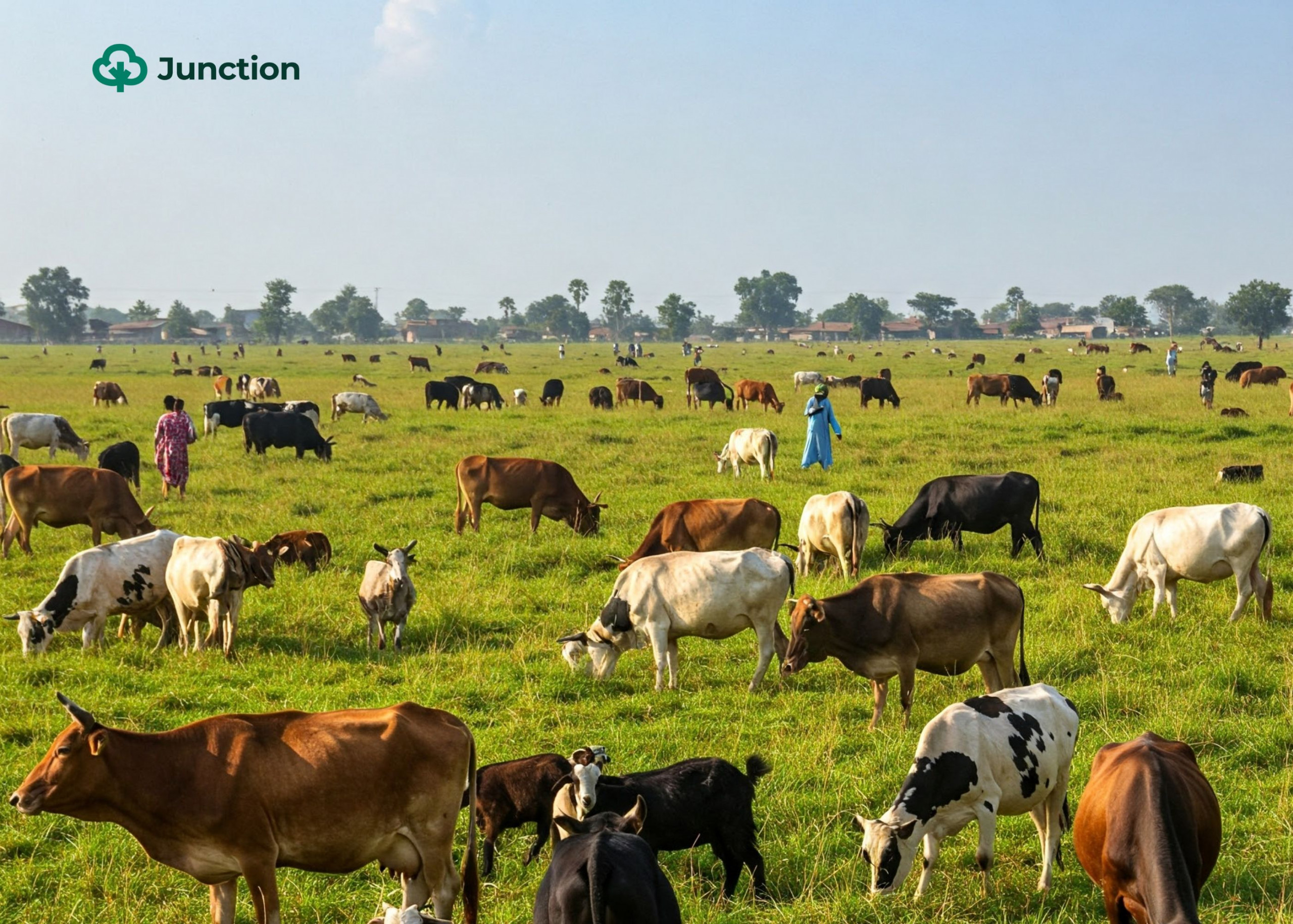News in brief:
– Minister Bagudu says bold reforms by President Tinubu are boosting investor confidence in Nigeria, with rising global interest in agriculture.
– Critics note that agriculture remains underfunded in comparison to other industries, and the World Bank’s latest report on the fuel subsidy removal.
Nigeria’s economy is gaining renewed confidence from global investors and financial institutions, thanks to bold reforms spearheaded by President Bola Ahmed Tinubu’s administration. This was revealed by the Minister of Budget and Economic Planning, Senator Abubakar Atiku Bagudu, in a statement signed by presidential aide Bayo Onanuga.
Bagudu noted that critical policy shifts, such as fuel subsidies removal and foreign exchange market unification, have yielded positive outcomes, attracting foreign investors and improving fiscal discipline.
“We were losing 5% of our GDP on fuel subsidy,” he said, commending the President’s courage to eliminate the costly policy.
He added that the FX reforms have curtailed arbitrage and created a fairer, more transparent market system, boosting private sector confidence and revenue growth.
“Willing buyer, willing seller—this has restored fairness and credibility,” Bagudu stated.
The Minister also pointed to a wave of renewed investor interest from countries like Brazil, Belarus, and Saudi Arabia, especially in agriculture.
“They’re seeing good policy, transparency, and quarterly GDP growth,” he said.
Highlighting progress, Bagudu noted that for the first time in 25 years, Nigeria is refining oil domestically. He credited this to President Tinubu’s decision to allow crude sales in naira to local refiners.
On budgeting, the Minister emphasised that the 2024 and 2025 fiscal plans prioritise health, education, infrastructure, and security while reducing deficits. He linked these moves to Nigeria’s improved economic credibility.
Bagudu acknowledged current hardships but likened the reform process to physical fitness: challenging but ultimately beneficial.
“It’s tough now, but these decisions are necessary to build a resilient economy,” he concluded.
However, despite Bagudu’s claim, the World Bank criticised low remittances by the Nigerian National Petroleum Company Limited (NNPCL) despite the removal of fuel subsidies. It would seem that the effect of this policy is not being felt yet.
Also, while official reports show that Nigeria’s capital importation rose by 158% in Q2 2024 and 198.06% in Q1 2024 (compared to the corresponding periods of the preceding year), not much changed for the agricultural sector. It continued to receive only a tiny fraction of these investments, falling further in the second quarter of 2024 to 0.23%.



